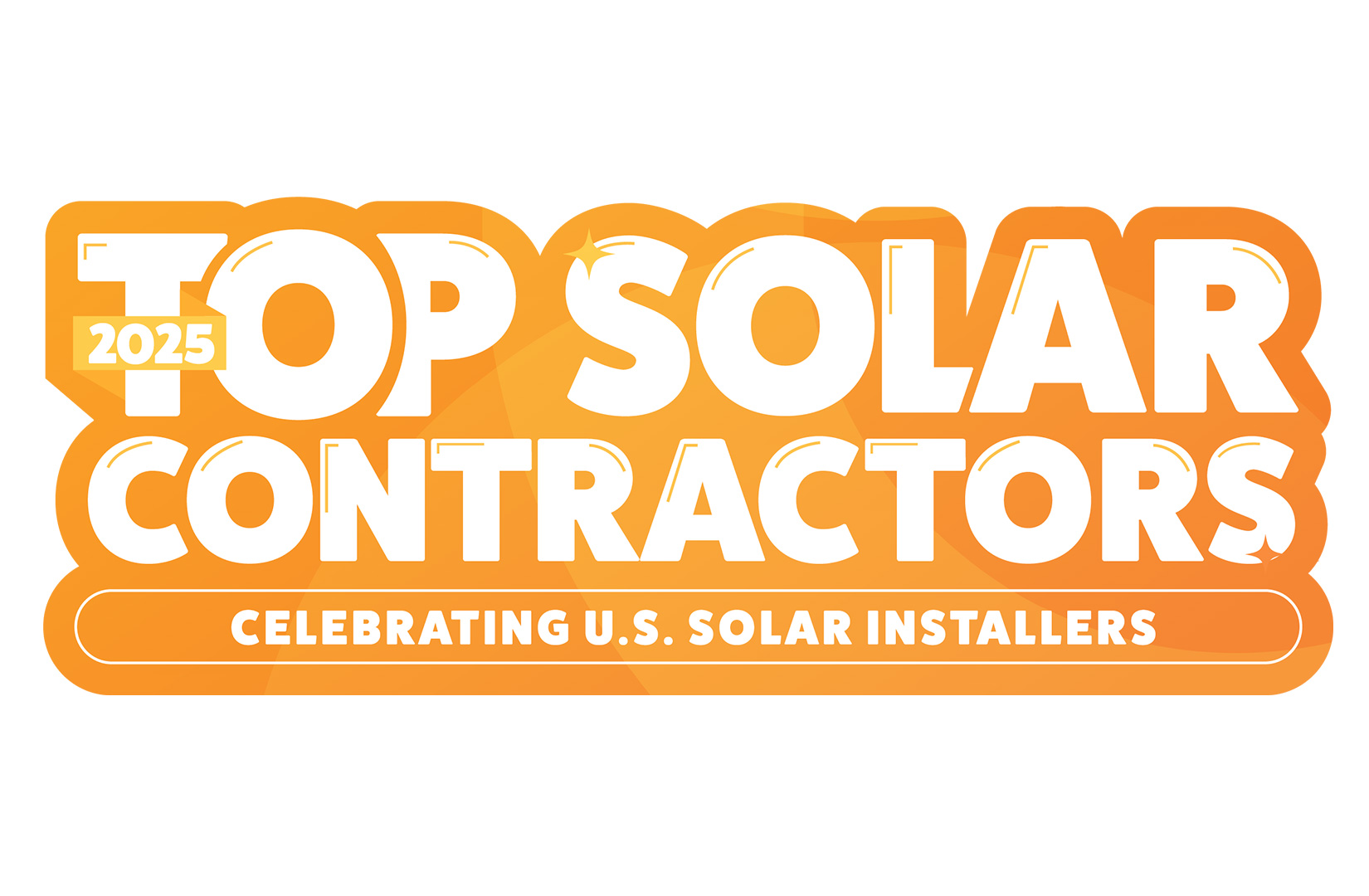Nevada enjoys abundant sunlight and for this reason, the state has always been ripe for solar. And now, with the passing of the new residential rooftop solar law that took effect on January 1, 2024, more homeowners are set to make the critical switch to solar.
The new law aims to protect consumers from misleading promises made to induce solar systems. It encourages transparency by directing solar installation companies to provide clear information about solar agreements to help consumers make informed decisions.
Background on Nevada’s Solar Industry
The history of solar adoption in Nevada is quite interesting. The abundance of sunshine allows consumers to get enough solar energy to meet their energy needs and sell the surplus back to the grid. These net metering policies were part of the reason why the demand for residential solar grew steadily in the 2000s.
And then the Nevada 2015-2017 solar controversy happened. In December 2015, the state’s utility commission voted to change the net metering policies virtually ending these net metering programs. These policy changes would see rooftop solar consumers pay more in fixed charges. The new changes also reduced the compensation that solar consumers would receive for net excess generation. As a result, several major solar companies ceased operations in the state and new solar installations dropped rapidly.
Two years later, the state’s governor reinstated the net metering policy in June 2017. This saw major solar companies return to the state and since then, the demand for solar has been growing steadily. Still, there is a need for updated regulations. Solar remains a viable source of sustainable energy and consumers need to feel protected and empowered enough to make the switch.
Key Features of the New Law
The recent rooftop solar law is a welcome relief for consumers looking to transition to a more sustainable energy source. The law seeks to better protect consumers from misrepresentations and omissions from solar sales representatives and solar installation companies through four key features:
Consumer Protection Measures
The new law aims to combat deceptive trade practices aimed at securing solar sales. To prevent misrepresentations and omissions, solar sales representatives and solar companies are now required to have a recorded conversation with potential customers detailing the provisions of the sales agreement. Companies found in violation of this requirement risk getting the sales contract voided.
Licensing Requirements for Solar Companies
Under the new law, only licensed contractors and their employees are allowed to provide and execute a solar sales contract. This new requirement is designed to prevent third parties from using deceptive sales tactics to secure solar sales.
Disclosure and Transparency Rules
The new solar law also prioritizes transparency in solar agreements. Solar installation companies are now required to ensure that consumers have a clear understanding of the contractual agreements when buying or leasing solar generation systems. Consumers now have a right to cancel the agreement within three days without any penalty or obligation as long as they give written notice to the solar company.
Contract Specifications
Another notable feature of the new law is the modification to the solar contract’s cover page. Now, solar companies will be required to provide crucial information such as the installation cost, timeline, and estimated monthly payments, as well as the right to cancel the contract.
Benefits for Consumers
The primary goal of the rooftop solar law is to prevent misrepresentations and deceptive sales tactics. Some key benefits that consumers will enjoy include:
- Increased transparency in solar transactions
- Better understanding of long-term costs and benefits
- Protection against fraudulent or misleading practices
- Improved confidence in solar investments
Potential Drawbacks
While the new law is a major milestone in improving transparency in the solar industry, there are still some potential drawbacks that consumers should be aware of. Some key concerns include:
- Possible increase in solar installation costs
- Potential slowdown in solar adoption rates
- Challenges for consumers in understanding complex contracts
- Enforcement mechanisms and their effectiveness
Go Solar in Nevada with Solar Optimum
Nevada continues to lead the country in its solar potential. With the solar industry growing rapidly, there have been concerns about responsible solar sales practices. As more residential consumers continue to adopt this green source of energy, there is a need for increased consumer protection to facilitate informed decision-making.
The January 2024 solar law is a step in the right direction thanks to its emphasis on consumer protection. Anyone seeking to join the solar movement should take time to understand their rights and the resources available to protect their investment.
As an industry leader in solar energy, Solar Optimum remains committed to putting our clients first and empowering them to make informed decisions regarding their energy needs. Contact us today to get a free quote on a solar panel system.






